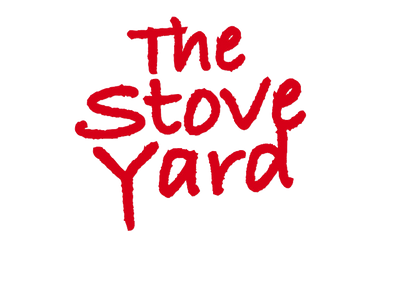Your Cart is Empty
Can I install a wood burning stove in a house with Mechanical Ventilation Heat Recovery (MVHR)?
Yes... probably, but proceed with caution. MVHR systems, and indeed other forms of mechanical air extraction, will alter room air pressure which in turn could adversely affect the performance of the stove's flue or chimney system. To maintain safe air quality in your home the proposed stove should have a direct external air supply (DEAS) and importantly, should have an effective door-seal to make it virtually room-sealed. This means that the stove's safe operation will not be affected by potential changes to the room air pressure caused by mechanical ventilation. When the door is closed none of the stove's combustion air can be taken from the room and conversely none of the combustion gases produced can escape.
Note however, that not all stoves with DEAS are necessarily 100% room-sealed. Any stove with a traditional primary air control valve and open secondary air inlet grille would not normally be considered safe for use with MVHR systems, even if it had DEAS. If you can afford it we would strongly recommend considering a stove which has been room-seal tested to the exacting German DIBt standard which is currently the best indication of the quality of a wood burning stove's air-tightness – for example one of the may DIBt tested models from HWAM.
The DIBt stove test is the only test that looks for potential leakage when the stove is under pressure and when subjected to thermal and mechanical stress. It will specifically check that the stove‘s door seal maintains air-tightness, even after being opened and closed at least 6,000 times. Interestingly the new CE EN16510 standard for stoves, which will eventually replace the current EN13240 / EN13229 in the next few years, will incorporate a similar optional room seal test for DEAS appliances. Alternatively you could also consider a stove from a reputable manufacturer, who has specifically made a declaration that their DEAS stove provides a 100% room seal and would also be safe to use with MVHR for example, Fondis inset stoves.
When using a DEAS stove with MVHR, particular attention should also be paid to the seal on the external air ducting connections as well joints on the flue pipe and other flue system components. During commissioning the stove should undergo a number of rigorous worst-case scenario BS8303 spillage tests (see HETAS DEAS Technical Notes) with the MVHR set at maximum extraction – ideally undertaken in conjunction with the MVHR engineer. The stove owner should also be aware of the need to minimise the time the stove door is left open during refueling (a self-closing door is therefore ideal) and the need to regularly clean the MVHR air filters and service the MVHR unit.
Please note The installation of the CO detector (which is a mandatory component of all safe stove installations) should not be considered as a substitute for carrying out the correct BS8303 (2018) spillage tests during the commissioning of the appliance.



